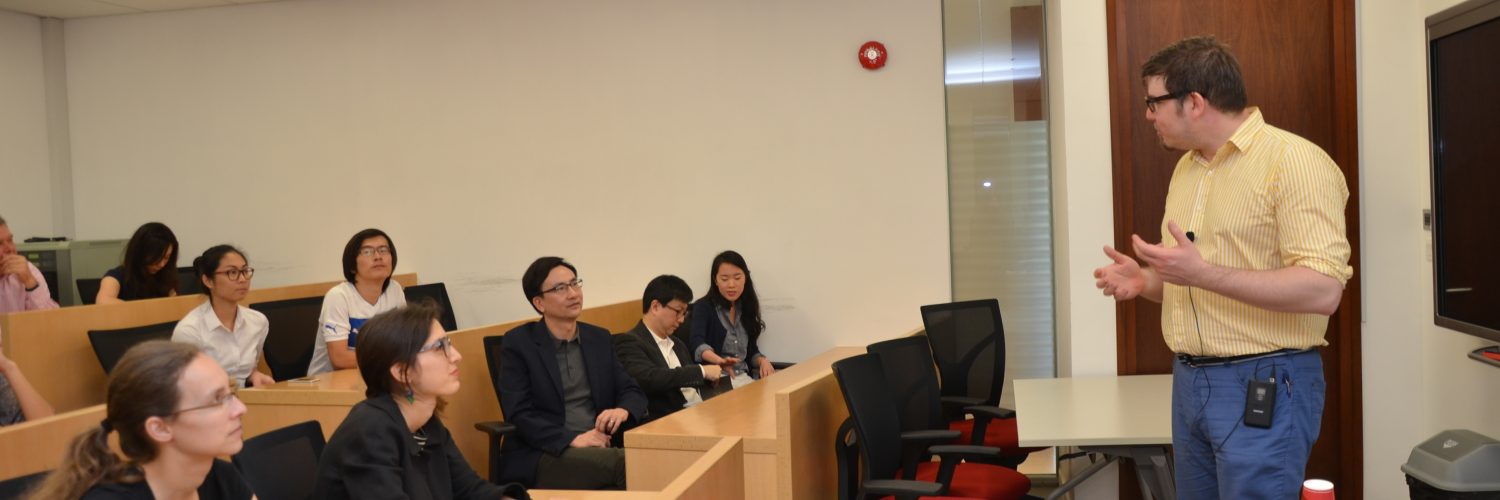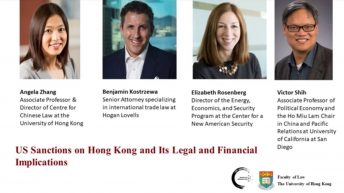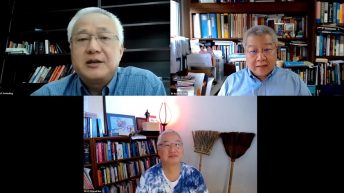Date: 09Apr 2014
SYNOPSIS:
Even though freedom of speech is part of China’s Constitution, it has never been consistently and coherently implemented in China. The expansion of Internet and new media in the past decade has brought this to increasing prominence. This begs the question what the organising principle for governing the publication and dissemination of content is. This talk proposes the concept of privileged speech, in which speech is not a presumed entitlement. Rather, its legality depends on a complex framework revolving around the speaker, the channel and the audience. First, this talk will elaborate how different legal, regulatory and other means to shape the space for permitted speech have evolved. Second, it will discuss how the advent of the Internet has upset previous patterns of governance, and how the Party-State responded to this. Initially, existing media governance structures that mainly targeted enterprises were expanded. In recent years, however, there has been a shift towards the creation of tailor-made institutions for Internet governance and increasing liability for individual users. FULL DETAILS




